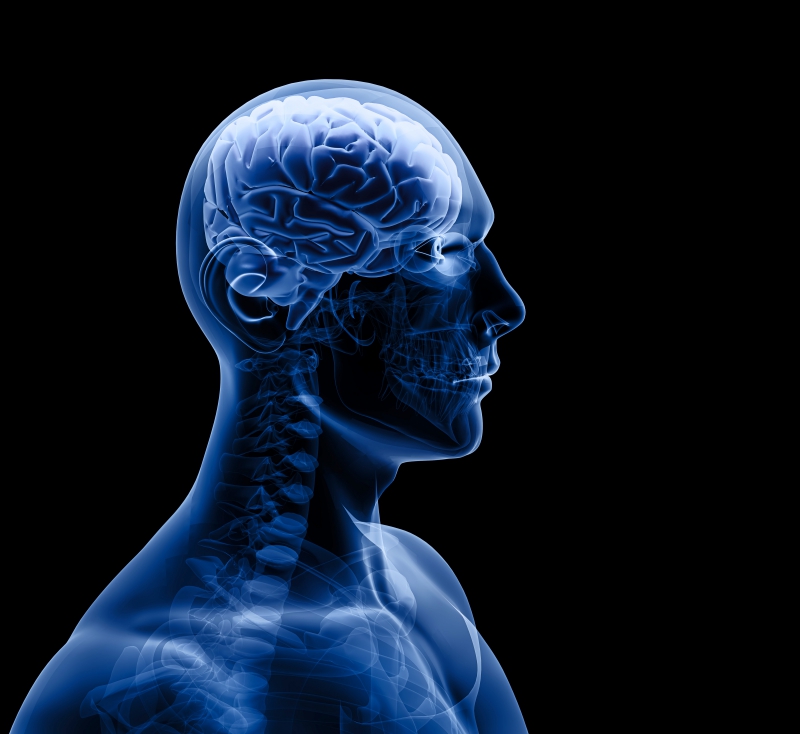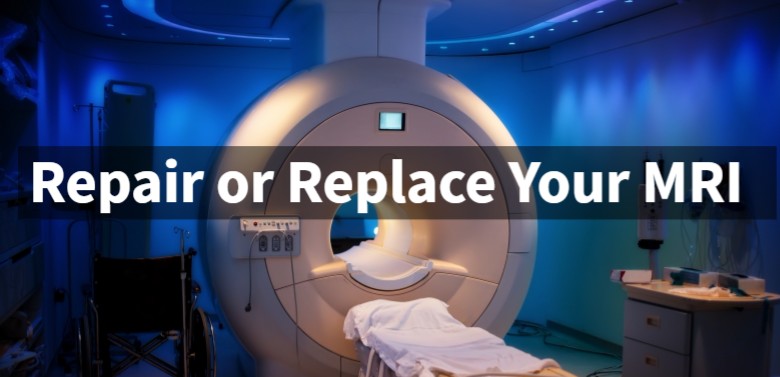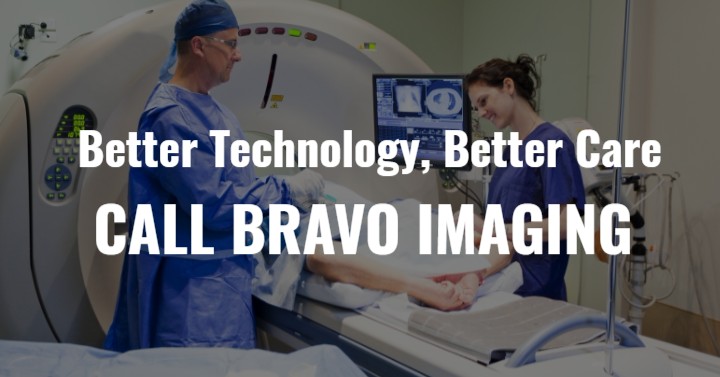MEDICAL IMAGING SPECIALISTS

Diagnosing and Treating Concussions
Concussions have always been a serious form of brain injury, but have been making the news more and more as of late. As MRI equipment, CT scans, and radiologic technology as a whole develops, we begin to understand more and more about this form of physical trauma. The repercussions of playing various physical sports, such as football, hockey, and soccer, are enormously negative and dangerous. For this reason, it is vital to understand the risks associated with concussions, and really, anything that can cause brain injury.
Just as it’s highly important to understand concussions and their effect on the brain, it’s equally important to have the technology available to diagnose and provide insight for this type of brain trauma. With Bravo Imaging in Miami, you can trust that you’ll receive unparalleled expertise and experience in the world of MRIs, X-ray equipment, ultrasounds, and more. We have devoted our company to providing the safest and most professional repairs, replacements, and installations for imaging equipment, and we would be honored to work with your practice. Contact our team to learn more about how our imaging equipment service can make a difference in your MRI and X-ray equipment, and in the meantime, find out more about the precariousness of concussions.
What is a concussion?
Practically everyone has seen a football player on the television get hit so hard, that an audible gasp or grimace is heard. We think of concussions as a hit or blunt force trauma to the head, and whack—the person is out like a light.
Indeed, this kind of light-hearted attitude has been associated with concussions for a long time—cartoons show characters with dizzying stars circling around their head, a slapstick routine shows a person ending up unconscious with ensuing laughter. Yet if this post has served as an any indication, they’re far more serious than their often-comedic portrayal.
A concussion is an injury to your brain that impacts or alters the function of your brain. They are usually caused by some trauma or blow to your head, but violent shaking can also cause this. This is because your brain is surrounded by protective fluid, which encases it and keeps it from banging against your skull. In events of trauma that cause concussions, your brain hits against your skull, and ends up getting bruised.
What are the symptoms of a concussion?
People often picture an immediate “lights out” situation when they think of someone getting a concussion, but this is hardly the case. In fact, Mayo Clinic explains that “Some concussions cause you to lose consciousness, but most do not. It’s possible to have a concussion and not realize it.”
The most common symptoms are amnesia, confusion, and of course, a headache. Amnesia is usually limited to the event itself, such as taking a bad fall on the ice, but not remembering that you fell (or perhaps, not remembering that you were on the ice in the first place). Dizziness, nausea, vomiting, feeling like your ears are ringing, and increased fatigue are all other common symptoms of a concussion.
How is a concussion diagnosed?
For starters, diagnosing a concussion can really only be considered if some contact or head trauma has occurred. Having a headache, but having no recent injury to report, is a headache—still unfortunate, but highly unlikely that it’s a concussion. In some cases, the symptoms of a concussion present themselves right after the event; in others, symptoms don’t present until hours—or even days—later.
One thing is for certain: if you experience any symptoms of a concussion and it coincides with a recent head trauma, you should absolutely go in to see a doctor.
Once you’re at the clinic, a doctor will conduct a neurological examination, potentially some cognitive testing, as well as consider running some imaging tests. A CT scan is often utilized in this instance, as it can examine and image your brain right after a trauma takes place.
For medical professionals, having a properly functioning CT scanner is absolutely essential to get the proper diagnosis and information when it comes to a concussion. Have Bravo Imaging come perform a routine checkup and any necessary maintenance to ensure your CT scanner is doing its necessary job! Alternatively, an outdated CT scanner can be replaced efficiently from Bravo Imaging—and considering we have pre-owned options (as well as buy used X-ray equipment), you can get the service you need at prices you can afford.
How is a concussion treated?
It would be great if there was a quick fix to treating concussions, but with the severity of this injury, the only thing that can really make a difference is rest, patience, and time. Anything that can exacerbate or worsen your symptoms should be avoided at all costs—watching TV, staring at screens, schoolwork or office work can be taxing on your brain, which mean these activities should be limited or put on hold entirely until you’re feeling better.
One of the most important things to keep in mind is that any contact sports or activity that runs a risk of concussion must be avoided. Your brain is already in a fragile state, and another concussion could be life-threatening. Football, figure skating, rugby—withhold from these activities until your symptoms are completely cleared and you get permission from a doctor.
What are the long-term effects?
Getting one minor concussion usually results in the brain healing itself entirely, provided that proper recovery and recuperation methods are implemented. However, multiple concussions can result in a later development of Chronic Traumatic Encephalopathy (CTE), which is a very serious brain disease. CTE is a degenerative brain disease, similar to the likes of Alzheimer’s or dementia, but is specifically caused from repeated head trauma.
According to Concussion Legacy Foundation, “Early symptoms of CTE usually appear in a patient’s late 20s or 30s, and affect a patient’s mood and behavior. Some common changes seen include impulse control problems, aggression, depression, and paranoia.”
Later on, people (and most commonly, former athletes) with CTE experience “memory loss, confusion, impaired judgment, and eventually progressive dementia.”
CTE can currently only be diagnosed posthumously, but its symptoms, combined with patient history and exposure to brain trauma, serve as indicators for this degenerative brain disease. Just to reiterate, CTE is not known to happen after one concussion; rather, it can develop as the result of repeated head trauma.
How can I prevent concussions?
Sometimes, concussions occur as the result of an accident, and simply can’t be avoided. However, there are practically countless ways in which you can prevent a concussion, and we will cover this in further depth in our next blog. In the meantime, know that having some of the best technology available is crucial to understanding and diagnosing head trauma, and Bravo Imaging can help make this happen for your clinic. From X-ray repairs to CT scanner replacements and everything in between, our imaging equipment service can help make a difference in your clinic’s technology, which can make all the difference in the lives of your patients. From buying, selling, replacing, and repairing MRIs, X-ray equipment, and more, you can trust the team at Bravo Imaging. Contact our South Florida imaging equipment service today, we look forward to working with you!
